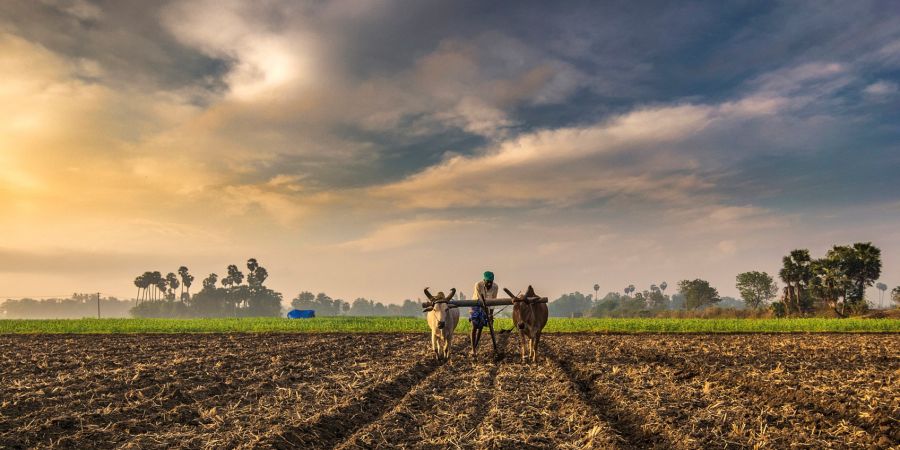

India a country which is home to one of the ancient civilizations as far as agriculture is concerned and also one of the major exporter of major crops present in the world, exporting to not only low income or poor countries but also to rich countries. We as a country are known for our agricultural patterns, production and transport.
In 2020 the government of India passed three controversial bills also known as the farm bills. It came as an issue for the farmers of Haryana and Punjab majorly and to all of the farmers present in India.
Now there are several concerns that have haunted our farmers for few months now, some of them are that the stocking of the corporates of the food drains done by the corporates can be one that farmers can face if the bills were to be passed. Farmers will have to come in contact with corporates whose main motive is profit making. And the third one is that it marks the beginning of an end of an open procurement procedure that was established by the Government. Fourth being the abolishment of MSP's that the farmers get for their crops.
If we talk about some basics of Agriculture, the very first being the size of the land, now we have seen in the past few years the land under agriculture has reduced from 160 million hectares to 157 million hectares. There has also been an increased number of holding on lands that is the farmers or the owners of land has been increased due an increase in the population and that is why there has been a decrease in the land holdings and now on an average a farmer owns 1.08 hectares of land instead of the original 1.2 hectares of land.
There also has been an increase in the wheat production but as far as small farmers are concerned, they have to sell the produce at the door steps and not the Mandis where they can get equal benefit as a big farmer would, because of the transportation cost of taking the entire produce to one particular place and also making sure of the quality of produce is maintained while selling it.
Farmers are known as the owners of land and laborers are known as the employees who are employed by the farmer to work with and for. According to census, 45% of India's population is employed in agricultural sector and out of that 55% are agricultural laborers and there are no schemes or organization who have or are trying to work for the benefit of these farm laborers.
As far as MSP is concerned, Indian government established this MSP for 23 crops mainly, wheat and paddy because of their public distribution scheme in which they procure almost 65 tons of wheat nd paddy every year. there has also been a decrease in the farm share, their involvement in the investment of their share in India's GDP from 8.5% in 2011-12 to 6.7% in 2018-19.
Last week the prime minister of India announced the revocation or the repel of these three laws, as they might provide benefits to big farmers but cannot give such an assurance to small farmers. The Government initiative to invest in big companies for the betterment of the farers sounds amusing, but that can result in the degradation of land due to extra production of the same crop. Also when Government says they might help the small farmers, it is not necessary for the Government to actually buy what these farmers are selling, they have a choice and this can cause a huge loss to a small farmer.
Thankyou🌼






